
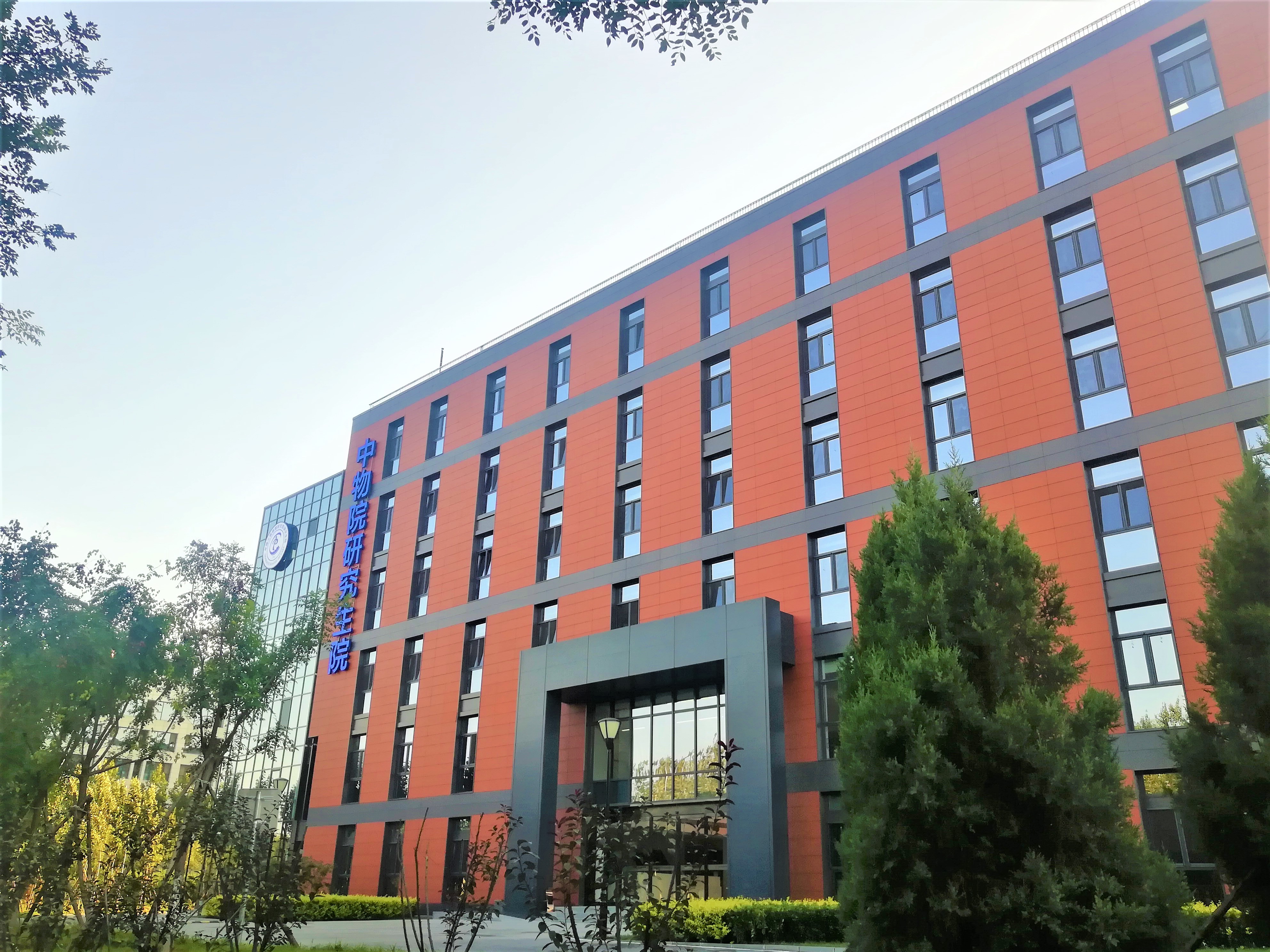
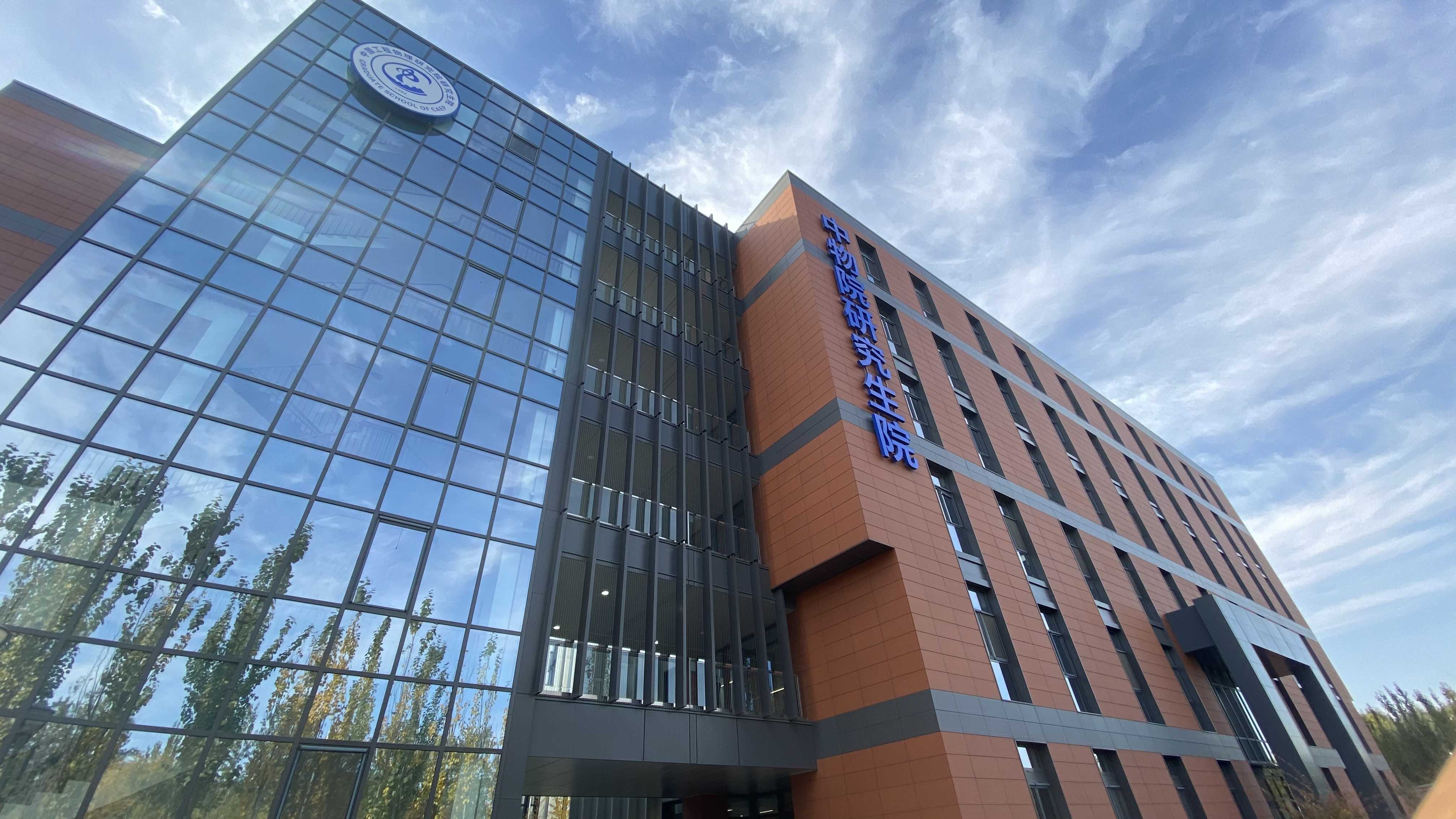
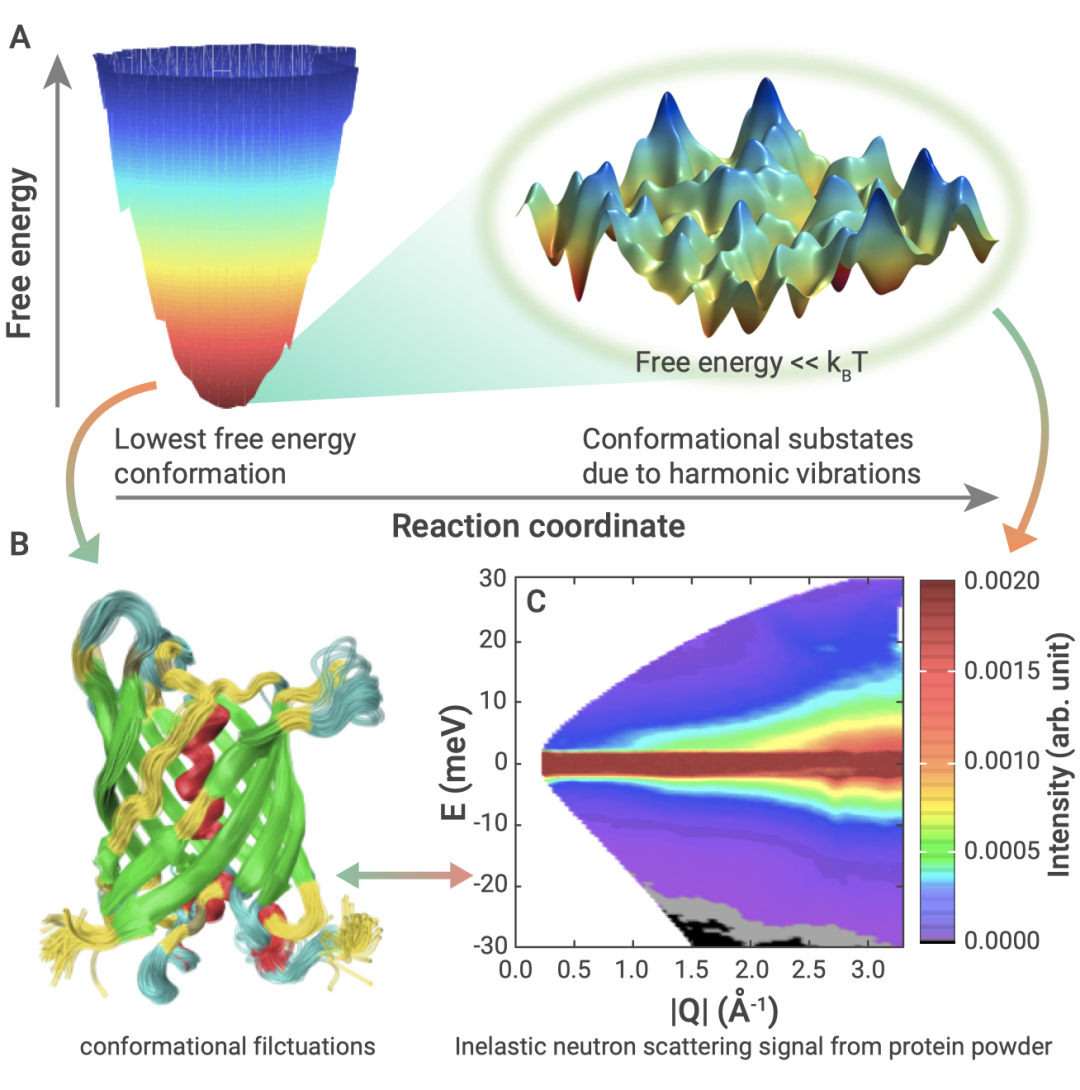

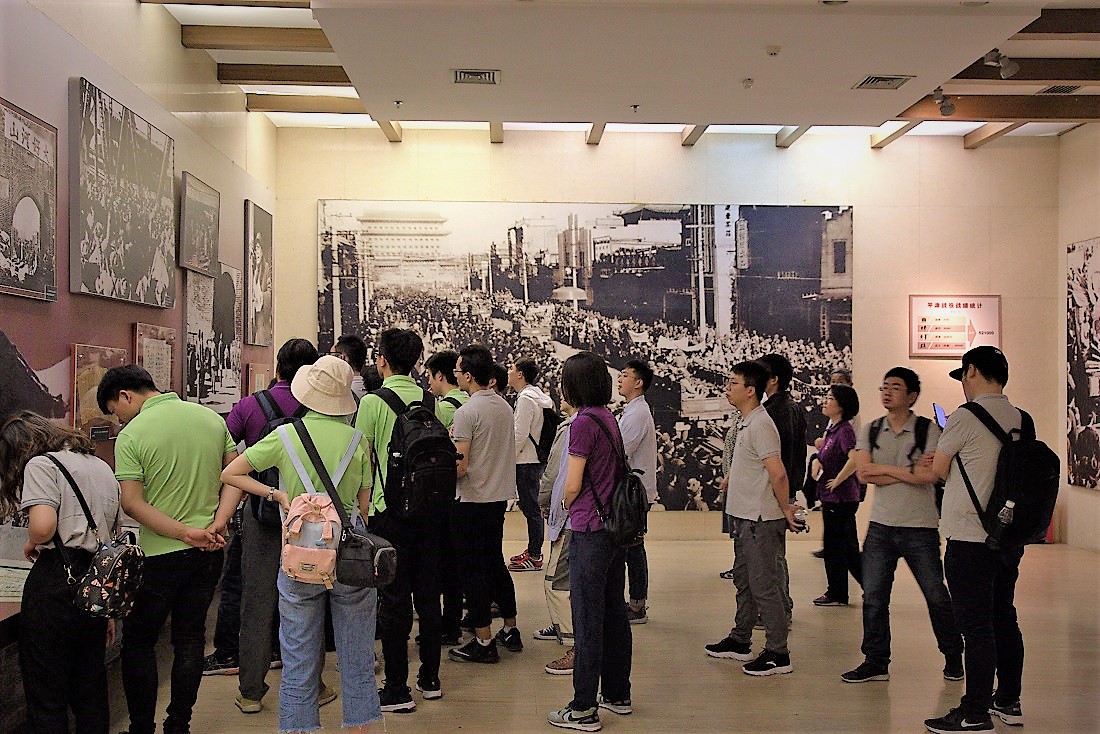









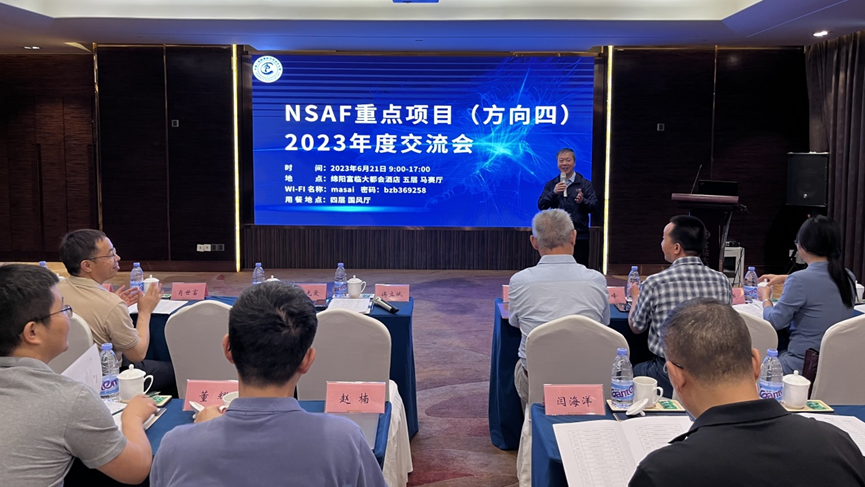
On June 21, 2023, the National Natural Science Foundation of China (NSFC) and the China Academy of Engineering Physics (CAEP) Joint Fund for Key Projects (Direction Four) held their annual exchange meeting in Mianyang.
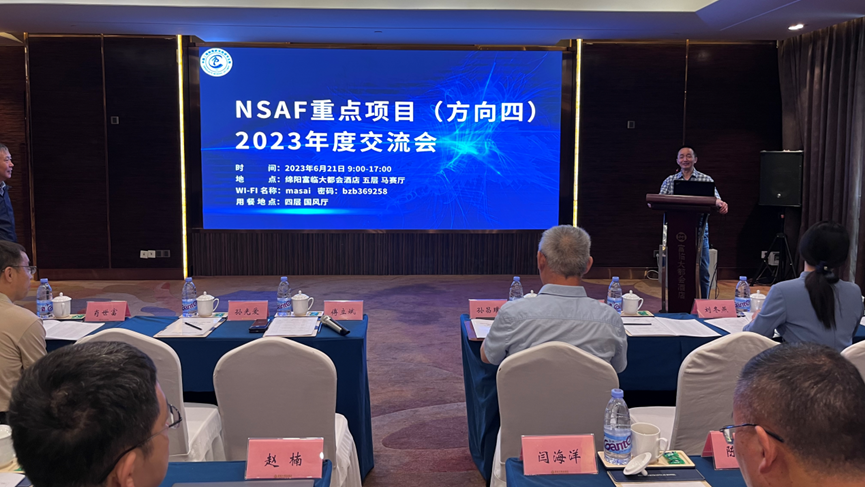
Feng Liang, Minister of the Research and Technology Department at CAEP, and Dongyan Liu, Director of the department, attended the meeting, along with Academician Changpu Sun, the head of the expert group for the NSFC-CAEP Joint Fund, and the responsible experts for the projects, including Researcher Libin Fu, Researcher Sun Guang'ai, and Researcher Shifu Xiao. The meeting was presided over by Libin Fu, Vice President of the Graduate School of CAEP, responsible for administrative work.
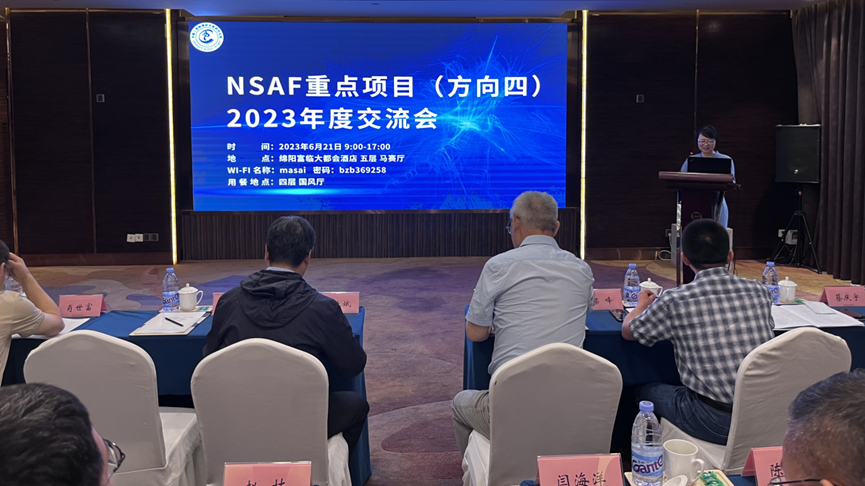
At the beginning of the meeting, Feng Liang, Minister of the Research and Technology Department, delivered a welcome speech, expressing his warm welcome to the participating experts and affirming the significance of the exchange meeting. Minister Liang emphasized the importance of fully utilizing the guidance and coordination role of the NSFC-CAEP Joint Fund to cultivate high-level defense science and technology talents and enhance defense science and technology innovation capabilities.
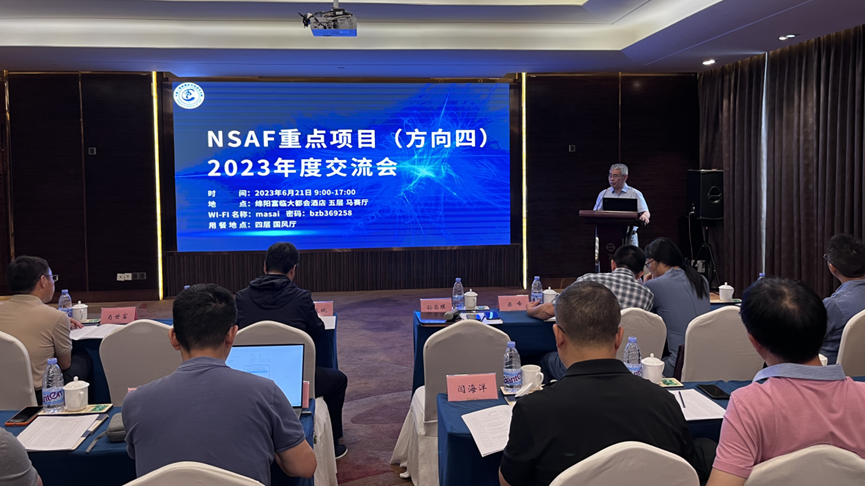
Subsequently, Director Dongyan Liu introduced the development process and management requirements of the NSFC-CAEP Joint Fund, highlighting its clear positioning of "fundamental research oriented towards problems and demands" and its important role in exploring the model of "science and technology with diversified inputs." She also interpreted the scientific positioning of the NSFC-CAEP Joint Fund as "focusing on demands, forward-looking layout, expanding openness, and sharing resources."
Academician Changpu Sun pointed out that CAEP is a strategic scientific research institute that has started from scratch. Therefore, it is necessary to strengthen fundamental research. The fundamental research issues of the NSFC-CAEP Joint Fund are derived from the institute's mission requirements and emphasize foresight and demand-driven research. Academician Sun emphasized the need to leverage the successful model of national natural science funding for fundamental research, fully harness its role as an open platform, and support the development of the NSFC-CAEP Joint Fund. Finally, he encouraged everyone to focus on demands, think deeply, highlight the characteristics and features of fundamental research at CAEP, and contribute to the institute's mission.

During the exchange session, Professor Li You from Tsinghua University, Researcher Nan Zhao from Beijing Computational Science Research Center, Professor Qingyu Cai from Hainan University, Researcher Hui Dong from the Graduate School of CAEP, Researcher Haiyang Yan from the Institute of Nuclear Physics and Chemistry at CAEP, and Researcher Jianqiang Chen from the China Aerodynamics Research and Development Center, respectively, reported on the progress of their projects to the expert group and engaged in in-depth discussions on the key and challenging issues. There was also extensive communication and interaction between the projects, including academic collisions, cooperation intentions, valuable suggestions, and insightful comments, creating a strong academic atmosphere.
As the responsible unit for Direction Four, the Graduate School of CAEP organized this meeting, providing a beneficial platform for consensus-building, expert guidance, and project exchanges.
